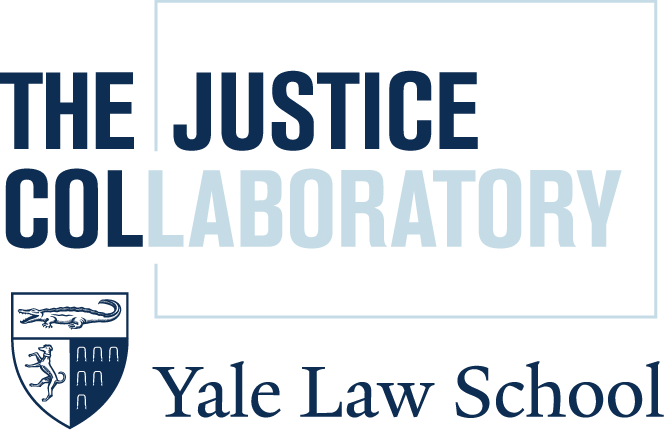Making Facebook Oversight Board Pro-Social
Written by Farzaneh Badiei
In In 2018, Mark Zuckerberg announced that, to make Facebook’s oversight and governance independent, they wanted to convene an appeals mechanism which, in their words, would:
Prevent the concentration of too much decision-making within our teams.
Create accountability and oversight.
Provide assurance that these decisions are made in the best interests of our community and not for commercial reasons.
As a result of this vision, Facebook convened the Oversight Board in 2019 and announced its members in 2020.
The Oversight Board will only be effective if Facebook’s users perceive it as a legitimate mechanism. Unfortunately, the design of the Board does itself no favors to help legitimize its function – with a top-down design, use of punitive measures, ability to limit decision-making to a select few, and potential to apply standards broadly that do not belong to the community – it is unlikely that the users and stakeholders of Facebook will feel compelled to follow the rules.
An independent and legitimate governance mechanism needs to take the following steps:
Encourage bottom-up decision making (consult with the public)
Adopt decisions and rules that the community perceives as legitimate
Measure the impact of those rules
Reform
Because of lack of perceived legitimacy surrounding the ability of Facebook Oversight Board to reform Facebook’s governance and hold it accountable, some activists have even started their own initiatives to hold Facebook “really” accountable. These are interesting initiatives, but one might want to think about how to salvage the Oversight Board itself.
In spite of the top-down design of Facebook’s Oversight Board, we can envision it offering a more pro-social and community-oriented governance. That would entail a governance model with enough legitimacy to hold Facebook accountable. A legitimate decision-making body would also encourage rule-following and cooperation among the users, and we might witness reduction in rule violation. There are four steps that the Board can take to achieve a more bottom-up and pro-social governance:
Consult
The Oversight Board should demonstrate its independent nature and include the community in the decision-making process. The consultation phase is the step to show to people that the Oversight Board is independent and is not a mere spin-off of someone else’s processes. But the public consultations should not be the usual window dressing. Instead it should be clear how the consultation outcomes make the governance better.
Adopt
The strong human rights emphasis at the Oversight Board is an excellent sign. But as part of adopting the results of the consultation, it is necessary to show how the Board goes about protecting rights and how they uphold them for the users and communities that have been affected. Otherwise, using human rights as a term is nice but not effective. The Board needs to operationalize human rights and show us how they have done it.
At the adoption stage, it is important to show how many of the community proposals guide adoption and, when appropriate, how better to include those proposals. Legitimacy will require the Oversight Board to listen to and to adopt community feedback from the beginning, and also to demonstrate why some recommendations will not be possible to accept.
Measure
Measuring impact scientifically can give a real picture of what is going on, which will lead to greater acknowledgement of the independent value of the Board, and will show how the Board is doing regarding the protection of human rights. It can also show what policies have worked and what has not worked. Measuring impact is important because it can validate or disprove the preconceived notion that we can solve all Facebook’s problems with take-downs and appeals mechanisms. The impact of the decisions should be measured not only based on what rights have been violated but also how the decisions of the Board have affected the users’ behavior and interaction.
Reform
The reform step is the most crucial of all. It shows that the Oversight Board upholds its principles by taking action. The Board needs to be agile enough to undergo constant reform, so that it can quickly respond to the shifting pressures that the social media landscape presents.
These recommendations are just one way that the Board could be reformed with a more pro-social and community-oriented approach. That could help change the Board into an independent governance mechanism. After all, if the Board has a critical role in Facebook’s governance and its decisions, that will not only affect content and freedom of speech. It will also affect all behavior and interactions on Facebook. Surely, the governance of such interactions should ultimately be grounded in legitimacy in the eyes of Facebook’s users.
